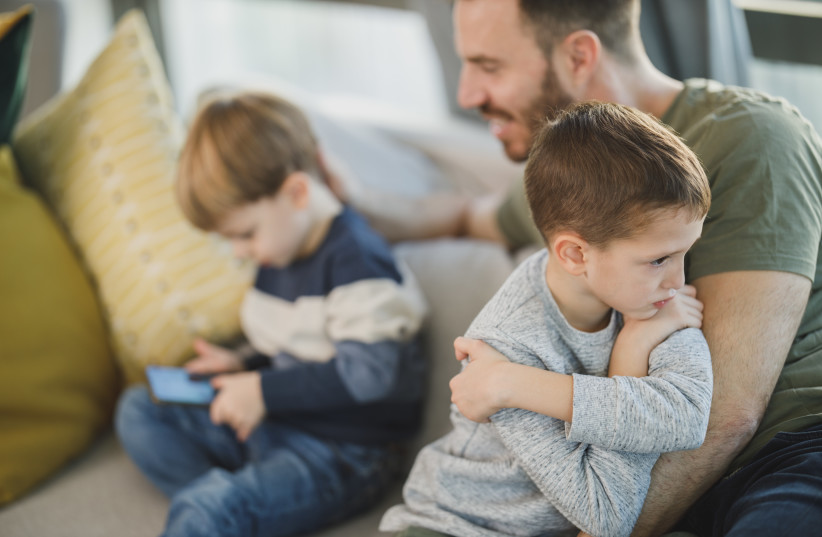First, why is it so important to ask our kids questions? We want to raise kids who are self-confident, happy and sociable. And, we want our kids to know that they can safely share feelings with us now, and consult with us on issues they’ll face in the future.
We must remember that we as parents are the first and most meaningful connection in their lives, yet our kids won’t learn about themselves from us. It's great to tell them how much we love them, but it's not always enough.
Kids want to feel that mom and dad are really interested in them, in what they feel, who they are and what they enjoy. When they know that parents care, this strengthens their self-worth and self-confidence, helps them see themselves as important and teaches them to be interested in others.
What do you ask?
What do you like to share about your day at work? You talk about what happened, for example, something you accomplished, but not technical details like a money transfer. Our kids, too, don’t remember mundane details, so ask focused questions such as: "What made you laugh today?" "Did something make you feel sad?” ”Did you learn about the next holiday?" "Who did you sit next to during circle time?" "Do you like sitting next to Yam?" These questions tell your kids that you want to know how they are and that you’re interested in their thoughts and feelings.

When should you initiate a conversation?
Young kids go through a lot of experiences during their day, and they need more time to process each one. Lots of things happen; they don’t remember what they did each minute. After they’re picked up from nursery school, give them time to relax, eat and just be before you start a conversation and ask about their day.
How should you phrase questions?
It's important to create a comfortable and inviting framework. With preschoolers, before speaking, get their attention by being physically close, giving them a hug and acknowledging what they’re doing like "wow I see you built a tower with the magnets ..."
Studies have found that when we connect to other people we can readily influence them, so by connecting this way it’s easier for kids to be attentive to you, to concentrate on what you’re asking them.
Sit next to the kids, look them in the eyes, and then start talking. Soon, they’ll use this technique to get your attention. You’ve been warned!
Don’t repeat yourself. If you ask and they don’t answer, you didn’t get their attention, so go back to the first step and try again. Be a personal example and listen; watch your communication patterns. Do you stare at the screen while your child talks and tells you about her day? Are you in the middle of cleaning, shopping, reading an email or are you free to listen?
The idea is not to stop everything you do, but to say "I really want to hear what you have to say, let me finish what I’m doing and then I can be with you.” If you really want kids to listen to you, take the time to listen to them. It only takes a few minutes.
If you develop open, positive communication when kids are young, they’ll talk to you about serious issues when they’re teens.
Give feedback - children's sharing isn’t a given and when there are behaviors we want to see more of, it's important to say, "Thanks for sharing that”, "I love hearing how your day went", "I like knowing what you learn”; saying things like these and receiving praise encourages kids to pay attention and help the teacher.
And finally, don’t dismiss their feelings or try to solve all the problems. Don’t rush to contradict emotions like "So Noam didn’t play with you, you have lots of other friends.” Reactions like this teach kids to only share positive experiences; they will hide minor negative things in nursery school, yet as kids grow they won’t share more problematic issues such as bullying or harassment.
Written by Dana Amer, certified behavioral analyst, MA in Special Education Lecturer and family development expert.
